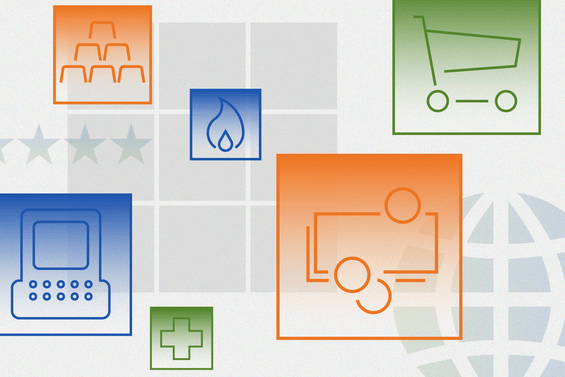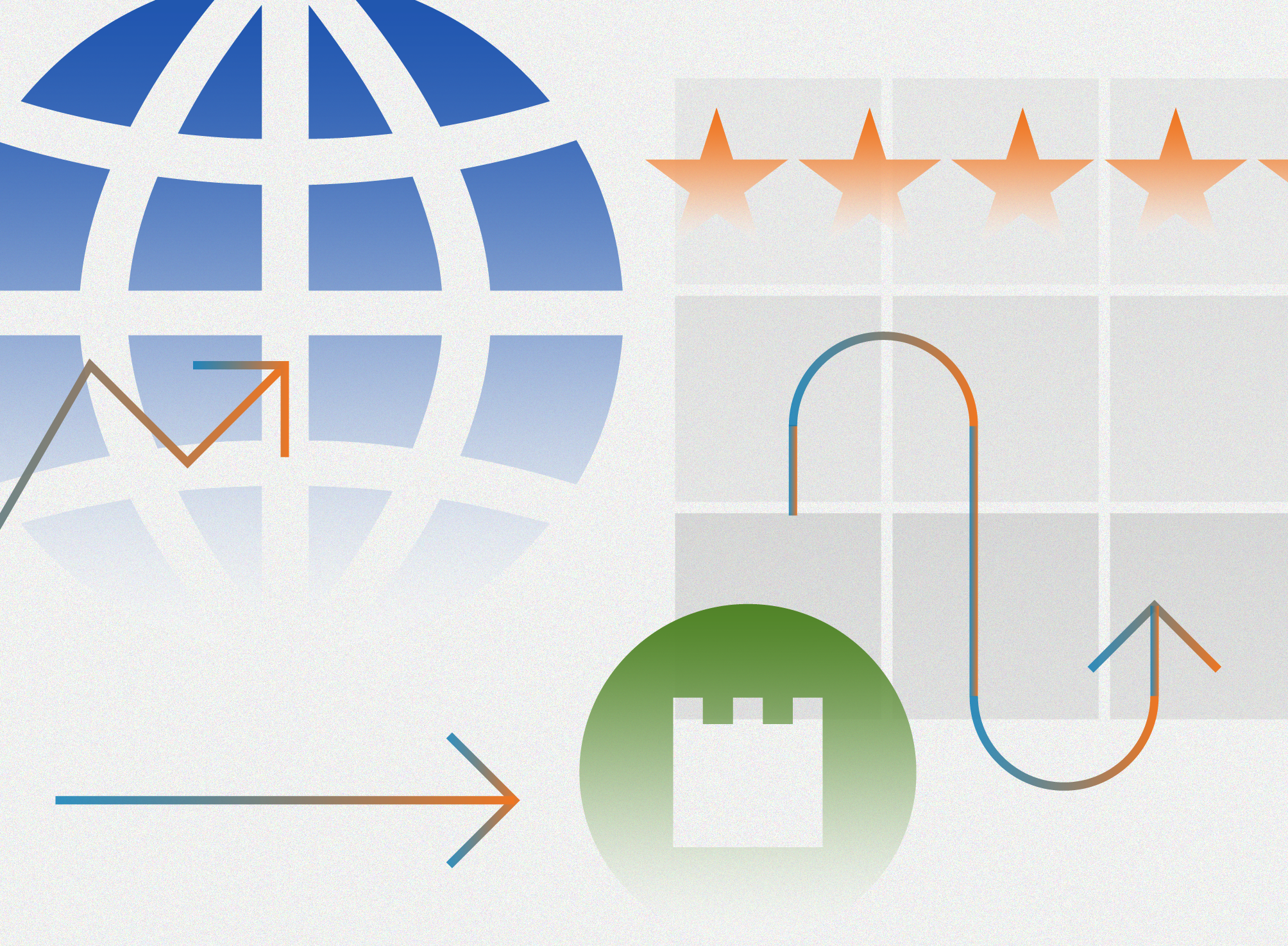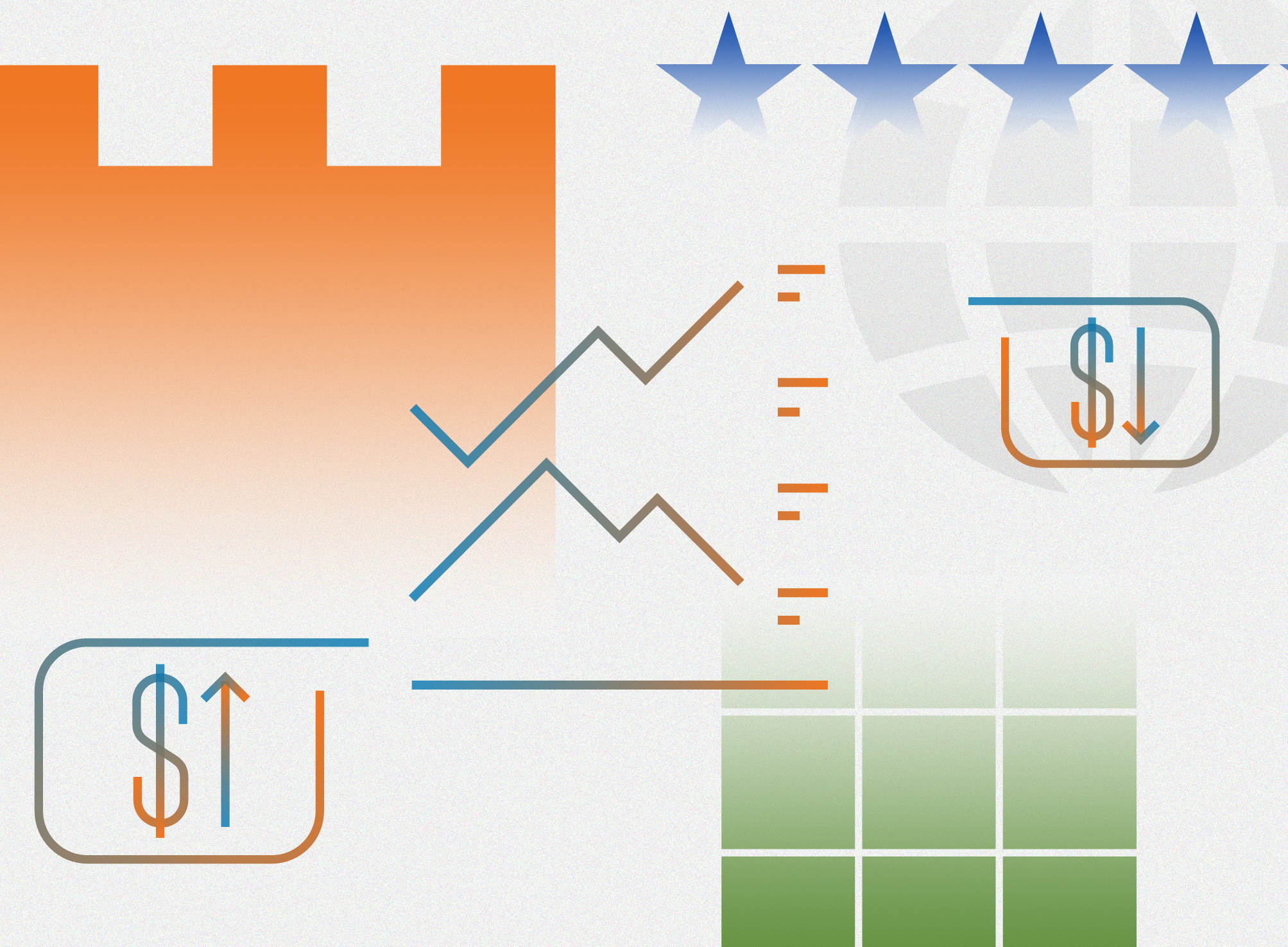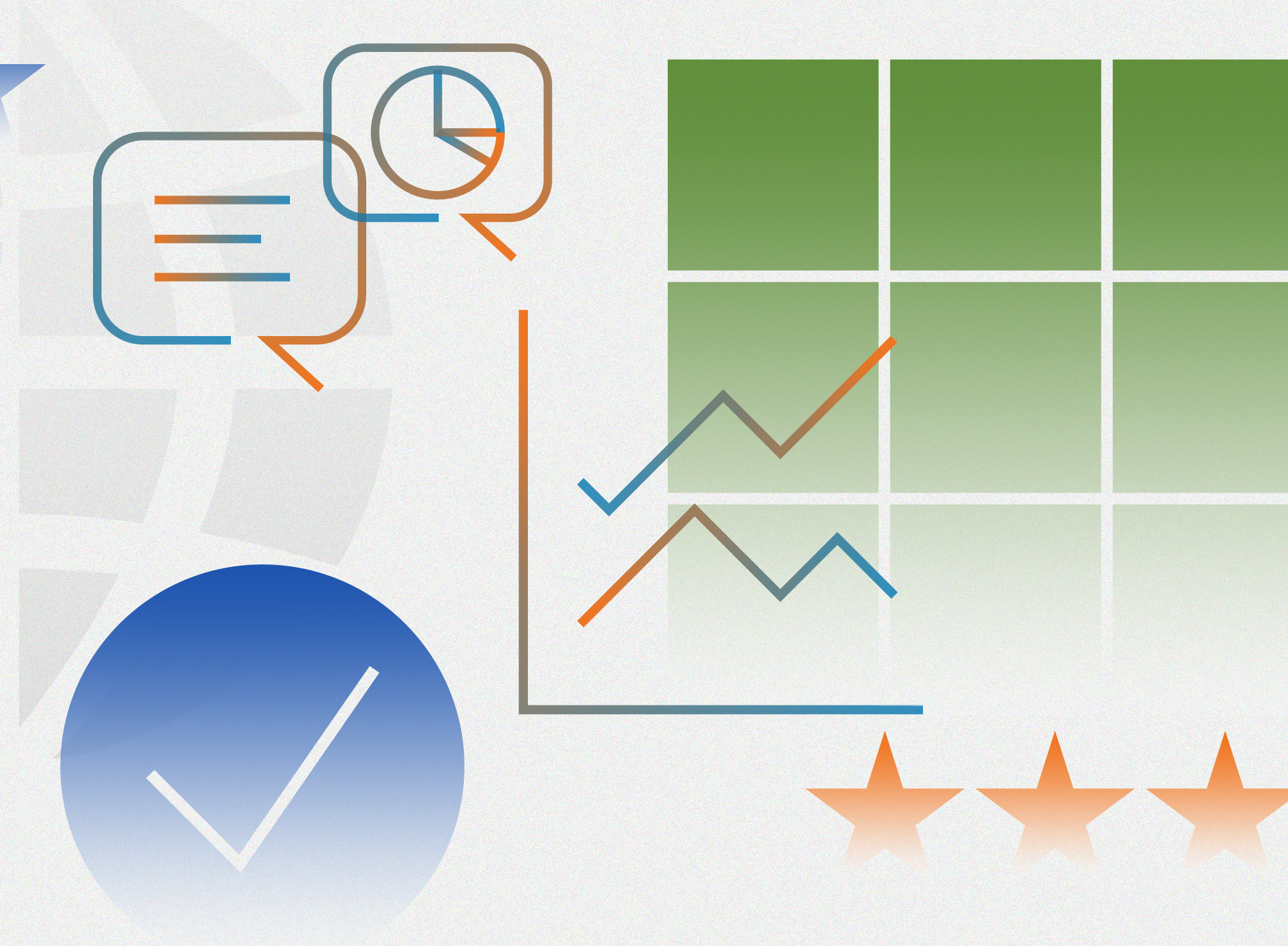What Makes a “Best Company”?
One of the keys to finding the best long-term investments is buying companies that can stay one step ahead of the competition. Legendary investor Warren Buffett originally coined the term “economic moat” to refer to a company’s ability to keep competitors at bay over time. Morningstar builds on this idea to rate companies based on their “moat,” or the strength and sustainability of their competitive edge.
We’ve compiled a list of the best companies our analysts cover that are available to U.S. investors. These companies have successfully carved out wide moats between them and their industry competitors, and we’re confident that they will produce returns that outweigh their costs for the next 20 years or more. In other words, these companies will reliably be able to produce returns for investors over a long period even as they invest in their growth. The strength of their competitive advantages is also either steady or increasing, which adds to our confidence in their long-term growth.
A company’s longevity and competitive advantage are inherently tied to sustainability, so our analysis takes environmental, social, and governance, or ESG, considerations into account. The best companies have business models that allow them to effectively navigate evolving ESG issues that could materially impact their business. Cutting corners or taking on too much risk may work in the short run, but these tactics won’t give a company enduring success.
The companies that make our list also have predictable cash flows (or predictable amounts of money going into and out of a company), so our analysts can more accurately estimate how much the businesses are worth. These companies also make smart decisions about how they manage and invest their money.
We aren’t advocating that you buy shares of every company on this list today. Even the greatest company can be a bad investment if you overpay. The share prices of many companies on this list overestimate their real value, so it may not be the right time to buy. Still, we believe these companies are essential for any stock investor’s watchlist.
We’ve grouped the companies on this list according to the overall sectors of the economy in which they compete.
Start your free 7-day trial of Morningstar Investor. Understand the difference between a good company and a great opportunity. Unlock our analysts’ fair value estimates and get continuous research and analysis to help you make the best decisions.
Note: If you’re having trouble viewing lists on this page, please try another browser.





